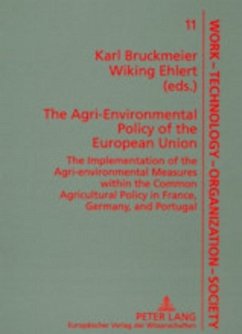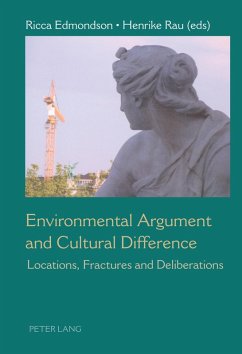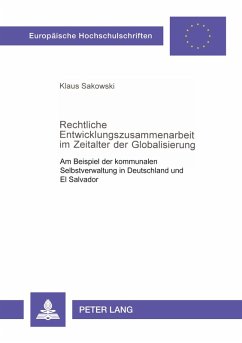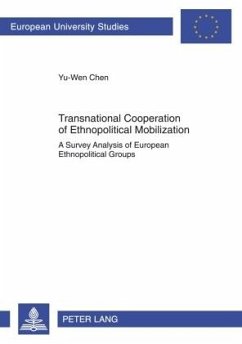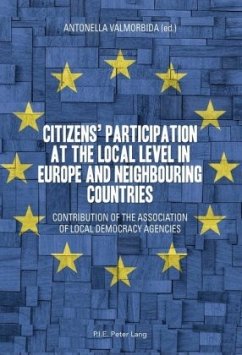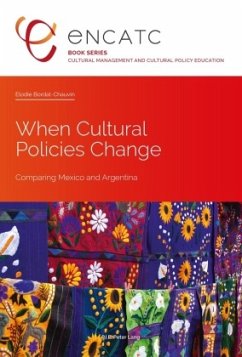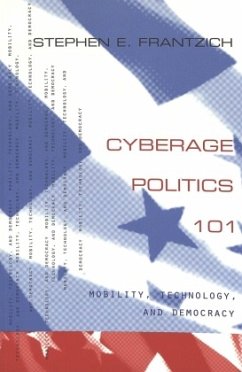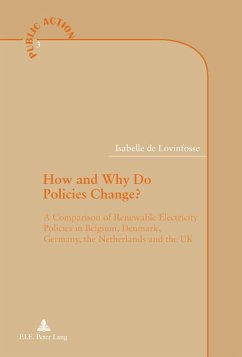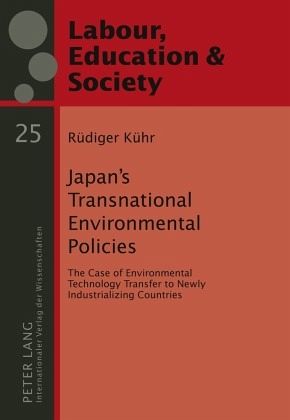
Japan's Transnational Environmental Policies
The Case of Environmental Technology Transfer to Newly Industrializing Countries. Dissertationsschrift
Versandkostenfrei!
Versandfertig in 6-10 Tagen
61,95 €
inkl. MwSt.

PAYBACK Punkte
0 °P sammeln!
This study examines Japan's transnational environmental policy through environmental technology transfer to Newly Industrializing Countries (NICs) in the 1990s. It addresses the ability of Japan to take up the challenges in this transnational sphere. Social scientists differ in their assessment about the future of nation-states' capability to steer policy formulation under this changing framework. However, transnationalization does not necessarily undermine the state, but includes transformations of state forms and policy making. The transfer of environmental technology to NICs proceeds on the...
This study examines Japan's transnational environmental policy through environmental technology transfer to Newly Industrializing Countries (NICs) in the 1990s. It addresses the ability of Japan to take up the challenges in this transnational sphere. Social scientists differ in their assessment about the future of nation-states' capability to steer policy formulation under this changing framework. However, transnationalization does not necessarily undermine the state, but includes transformations of state forms and policy making. The transfer of environmental technology to NICs proceeds on the assumption of the existent, but probably reduced capacity of states to act. Based on the policy cycle model, this study focuses special attention to the actors based on Albrecht Dehnhard's theory that nation-states are gaining power in international circles.



